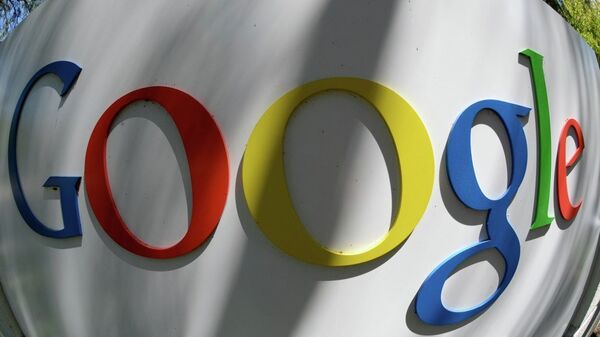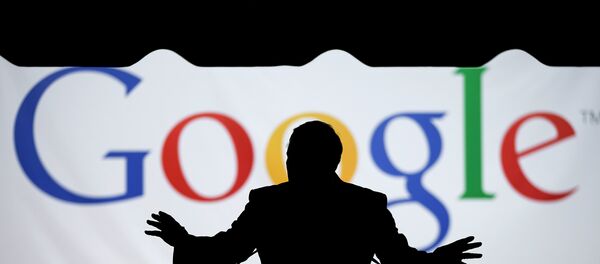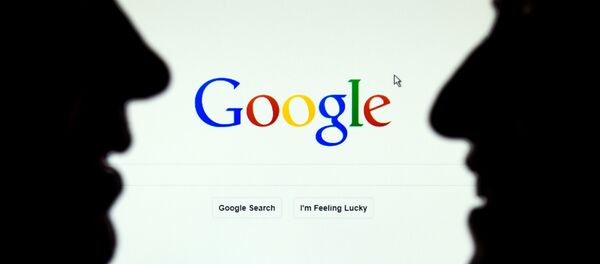The move comes just after another tech giant, Facebook, implemented a solution to deal with so-called "fake news."
The company introduced several measures, including working with paid third-party fact-checkers, introducing stricter policies of ad selling and creating new products that should help curb untrustworthy information.
Some exciting news from Google. Fact-checking will be part of your search results. https://t.co/u4E4xbGvF9 pic.twitter.com/3iMObtmx44
— PolitiFact (@PolitiFact) 7 апреля 2017 г.
Speaking to Sputnik Germany, Joachim Paul of the right-wing Alternative for Germany (AfD) party said that it is all about "who should own Internet interpretation."
"Let's remember the notion of 'false press', which was rejected with indignation by the mainstream media. But now 'the fake news' concept is coming to the fore, something we are witnessing with mixed feelings," Paul said.
"How can all this be checked? We are watching it, and we take it very seriously, because we apparently understand the reasons behind this," Paul said.
According to him, "the political class, or the establishment, as well as the mainstream media, are afraid of social media."
"I think that by staging these campaigns to allegedly fight 'fake news', they're try to paint social media in a bad light and to challenge the reliability of the information they provide. At the same time, I believe that it is social media that provide particularly reliable information," he added.
He also said that "without social media, the political landscape would only be determined by traditional players, public-law television and radio companies whose capital currently stands at 8 billion euros, something that is hardly appreciated by everyone."
Do you trust CNN to fact check other media outlets? https://t.co/8qLXgsagMv
— Anti-Media (@AntiMedia) 10 апреля 2017 г.
"In fact, one can talk about a standoff between new and old, traditional [media] players. In this vein, it is clear that the AfD is a party that relies on the help of social media. We emerged from social media, because people saw that everyday reality is increasingly different from what mainstream media outlen are reporting," Paul said.
He added that only social media can shed light on a whole array of pressing issues, including "the policy on Russia, the EU and the euro, the allegedly successful integration of hundreds of thousands of asylum seekers, and borders that remain open."
"Now a very massive standoff is taking place. Actually, a cartel was formed from long-standing parties, which, naturally, are very well integrated into the structure of traditional media," he concluded.
Unlike Facebook, Google relies on its own algorithms to determine authoritative sources, encouraging news organizations to use the Schema.org ClaimReview markup on pages where they fact check public statements for them to be included in search processes.
If a publisher or fact check claim does not meet Google's standards, that site's markup may be ignored or removed from Google News.
Later, President Donald Trump re-energized the term, labeling several mainstream media as "fake news" and banning even more of them from a White House daily briefing. These included the New York Times, CNN, Los Angeles Times, Hill, Politico, BuzzFeed, Daily Mail, the BBC, and New York Daily News.
Never miss a story again — sign up to our Telegram channel and we'll keep you up to speed!





